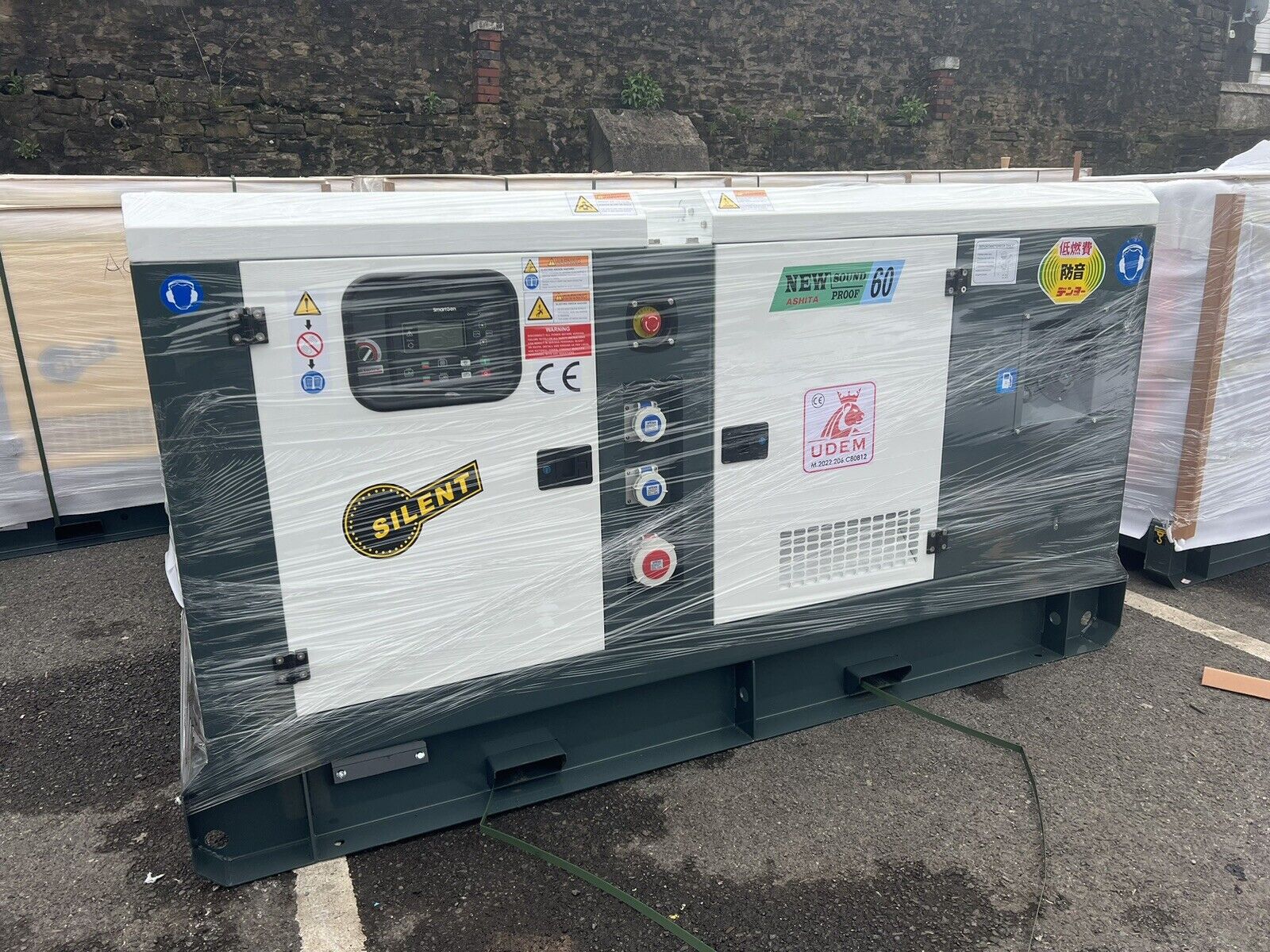Generators are essential tools for ensuring continuous power supply, especially in areas prone to power outages or for events and projects that require a reliable power source. When choosing a generator, one of the primary considerations is its capacity, typically measured in kilovolt-amperes (kVA). In this post, we'll delve into the differences between 50kVA and 60kVA generators, helping you make an informed decision based on your needs.
1. Capacity and Power Output
-
50kVA Generator: As the name suggests, a 50kVA generator has a capacity of 50 kilovolt-amperes. This means it can handle a load of up to 50,000 volt-amperes. Depending on the power factor, this translates to around 40,000 watts (or 40 kW) for a typical diesel generator.
-
60kVA Generator: Similarly, a 60kVA generator can handle a load of up to 60,000 volt-amperes, which is approximately 48,000 watts (or 48 kW) for a typical diesel generator.
2. Applications
-
50kVA Generator: Suitable for small to medium-sized businesses, residential backup, small construction sites, and events. It can power essential machinery, HVAC systems, lights, and more.
-
60kVA Generator: With a slightly higher capacity, this generator is ideal for larger events, medium-sized construction sites, and businesses with a higher power demand. It can handle everything the 50kVA can, with a bit more to spare.
3. Fuel Consumption
Generally, a larger generator will consume more fuel. However, the actual consumption depends on the load it's running at and the efficiency of the generator's engine.
-
50kVA Generator: Typically consumes less fuel than a 60kVA generator when running at full capacity.
-
60kVA Generator: Might consume more fuel per hour at full capacity compared to the 50kVA. However, if both generators are running at, say, 40kVA load, their fuel consumption might be comparable, depending on their efficiency.
4. Size and Portability
-
50kVA Generator: Generally smaller and might be easier to transport than its 60kVA counterpart.
-
60kVA Generator: Might be bulkier and heavier due to its larger engine and components.
5. Price
-
50kVA Generator: Typically less expensive than the 60kVA, both in terms of initial cost and possibly maintenance.
-
60kVA Generator: Might come at a higher price point due to its increased capacity.
6. Considerations for Choosing
-
Load Requirement: Calculate the total power requirement of all the equipment or appliances you plan to run simultaneously. Always leave a margin for safety.
-
Duration: If you need a generator for extended periods, consider fuel efficiency and maintenance intervals.
-
Budget: While it's essential to get a generator that meets your power needs, it's also crucial to consider the total cost of ownership, including maintenance and fuel.
-
Future Needs: If you anticipate your power needs growing in the near future, it might be wise to invest in a slightly larger capacity generator.
Conclusion
Both 50kVA and 60kVA generators have their advantages. The right choice largely depends on your specific power requirements, budget, and future plans. Always consult with a generator specialist or electrician to ensure you're making the best decision for your needs.

